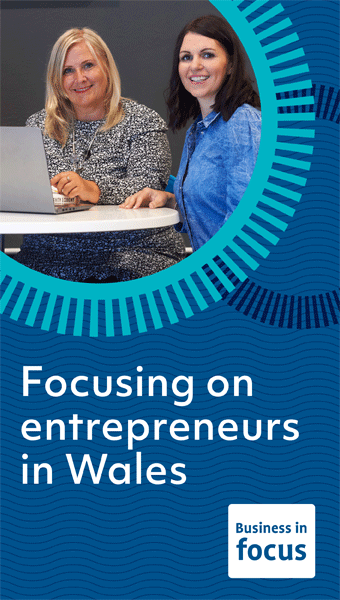New research from IPSE (the Association of Independent Professionals and the Self-Employed) has found that the total number of self-employed women now stands at 1,577,000, comprising 46 per cent of the freelance workforce.
Interestingly, making the move to work for themselves has proven to be a long-term career option for many women with almost half of self-employed women (46%) being in self-employment for over six years, whilst over two in five women (44%) have been in self-employment for over nine years.
Women are also entering self-employment for overwhelmingly positive reasons, seeking greater control over working hours (63%), choice of where to work (56%) and better work-life balance (55%).
Despite our research now revealing a three per cent drop in the number of women in self-employment, the total number of self-employed women has seen a less severe drop compared to their male counterparts in self-employment. By comparison, the number of self-employed men in the UK has fallen by seven per cent since 2020.
In fact, since 2008, the number of solo self-employed women in the UK has increased by 59 per cent.
The research also reveals that freelancing is a particularly attractive option for working mothers seeking a solution to increasingly expensive childcare, with working freelance mothers accounting for 15 per cent of all freelancers – equivalent to 276,000 individuals.
In spite of self-employment being a popular route for many women, there are still many obstacles including inadequate Maternity Allowance for working mothers, a rising cost of childcare, the gender pay gap and a reduced accessibility to training. The pandemic also had an impact on this, with the number of working mothers decreasing by 14 per cent since 2020 due to freelance mothers having to contend with lockdown restrictions and its impact on childcare.
Vicks Rodwell, Head of Partnerships at IPSE (the Association of Independent Professionals and the Self-Employed), said:
“It is really encouraging to see so many women making the decision to become self-employed. The flexibility and freedom afforded by self-employment is invaluable for many women, particularly when it comes to having a family, but it is essential that the government now works with the female freelance workforce to improve issues such as Maternity Allowance, access to low-cost childcare and the gender pay gap to foster a more positive environment for women to work in.”
Case study: Laura Wallis
Bio: Laura Wallis is a self-employed mother of one whose career has focused on expert training design and delivery in the youth and mental health landscapes. She has worked on contracts with the NHS, several large universities and large, academic conference organisers. She is now working as a freelance writer and speaker with expertise in women's healthcare, neurodiversity and mental health. In the future she hopes to add environmental sustainability and another child into the mix.
“I had been looking, unsuccessfully, for a new job for a while and when my husband and I gave it more thought, in light of my health news and our plans to have a family, self-employment felt like the right step for me to take. Initially, with ‘Debating Mental Health', I wasn't stepping too far away from had I had been doing in the NHS, so the leap didn't feel huge. I am now shifting my focus to include more writing and public speaking, but have now learnt the skills required to be successful in self-employment, so a step in a new direction feels manageable.
Self-employment has enabled me to explore my passions in a way that traditional employment never did and I have really valued the ability to work on projects that I care deeply about. I have also found that self-employment has enabled me to pursue project across different specialist areas more easily than I think I would have managed in traditional employment.
My husband is a shift worker, so for us, my being self-employed makes sense. I do a lot of work around his shift patterns, meaning that we always have someone at home with our little one and we don't need to pay expensive childcare fees. I also really value that, as someone with a chronic illness, I am better able to manage my time and energy and do lots of my work at times that I know I can be more productive, or to take things a little slower if my health requires it.”
You can read the full report here.





